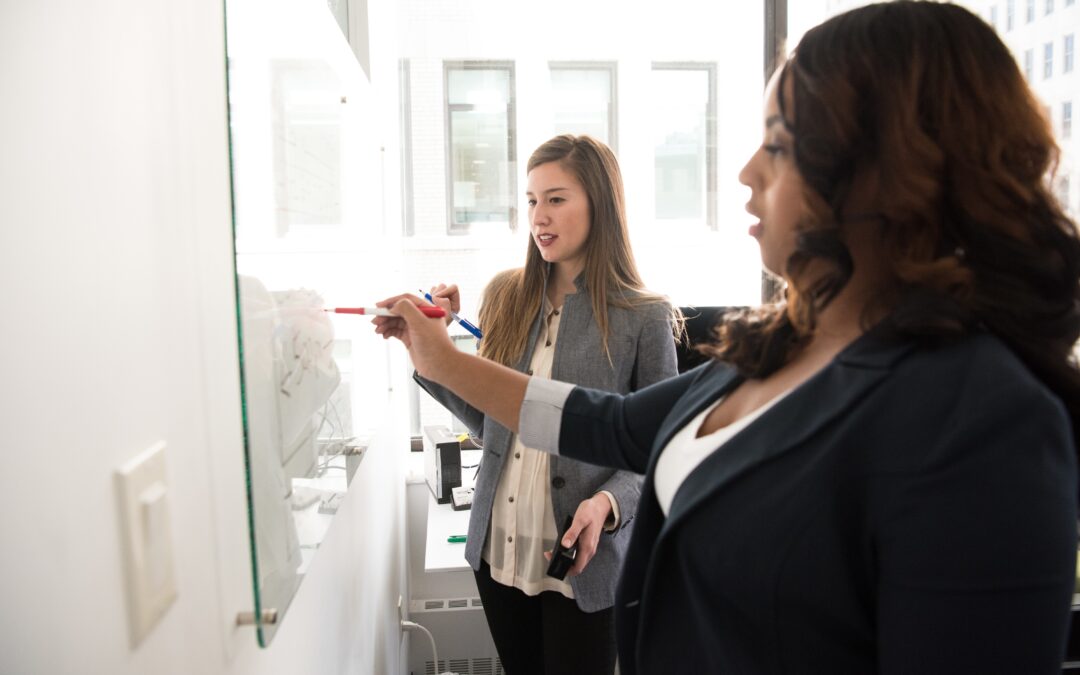Whether you’re attending as an individual or signing up your team, you know group coaching is the next right step. You’re ready to bounce ideas off of other people and receive helpful feedback. But how do you know which group coach will be a good fit for you? Here are four skills you should expect a quality group coach to have:
Active listening
Does your group coach listen patiently and make you feel heard? An article from the Gift of Life Institute on the importance of active listening states, “Listening has been shown to be essential to communicating respect for another person.” Active listening goes beyond simply hearing what a person says and physically shows empathy, understanding, or a desire for clarification through nodding, asking follow-up questions, and using affirming language. “Active listening includes responses that demonstrate that you understand what the other person is trying to tell you about his or her experience.”
Red flag to look for: interrupting and dismissive language. In fact, your group coach should not only be an active listener himself/herself, but also be able to foster active listening within the group.
Goal-setting
Group coaching participants can be working together on the same goal or may be comprised of individuals with similar goals. A great group coach will listen to your pain points, ask meaningful questions, and come alongside you to create goals that are clearly defined and achievable. He or she will help you stay focused as you work towards meeting your goals.
Red flag to look for: criticism and judgment. If you find yourself struggling to succeed, your coach should provide encouragement and practical suggestions.
Constructive feedback
One of the best benefits of group coaching is receiving constructive feedback. Remember, you have to be open to receiving feedback in order to see results! A skilled coach will not only provide you with direct feedback, but also facilitate a group environment that encourages honesty, curiosity, and open communication. Constructive feedback is achieved by asking questions and offering positive and motivating responses.
Red flag to look for: a negative group environment. Part of the group coach’s job is to create a safe and healthy foundation built on trust and mutual respect.
Accountability
Your group coaching sessions will include time for “checking in” on your goals. You’ll also have the opportunity to connect with members of your group outside of the sessions. A successful group will celebrate one another’s successes and continue challenging one another to grow.
Red flag to look for: lack of follow-up from the group coach. Your group coach should be engaged in your journey.
Looking for group coaches you can trust? Our team of professional coaches offers coach-facilitated groups where you can expect to benefit from all four of the above skills (and more)!

